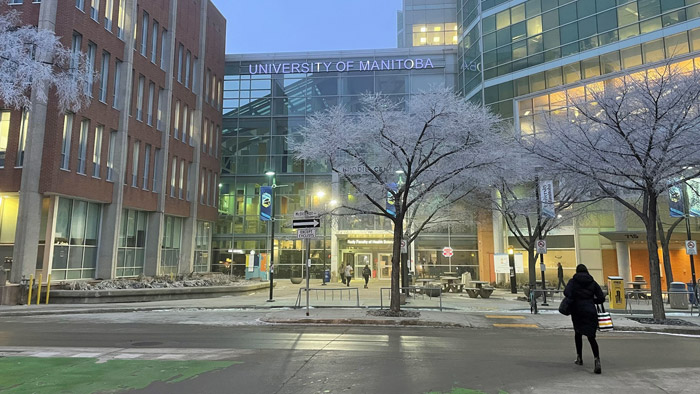The Manitoba government is cutting wait times for Manitobans looking for mental health care by adding psychiatrists to the system and paying professionals to work in rural Manitoba.
“Every Manitoban deserves quality mental health care,” said Housing, Addictions and Homelessness Minister Bernadette Smith, minister responsible for mental health. “These initiatives are helping our relatives heal and maintain good mental health by providing more well-trained psychiatric professionals to serve our communities.”
As part of the three-part plan, the government is:
- adding nine new psychiatrist positions to Winnipeg and Selkirk;
- adding psychiatrists to underserviced rural areas; and
- expanding mental health training for community health professionals.
A $2-million increase in annual operational funding will support nine new psychiatry positions in Winnipeg and Selkirk. These new positions will address the growing demand for services in emergency departments, inpatient units and community mental health programs, noted the minister.
In addition, the University of Manitoba’s Max Rady College of Medicine’s five-year residency training program in psychiatry is expanding placements beyond Brandon to include the northern region and Selkirk Mental Health Centre. The psychiatry program will increase from 12 trainees in 2023 (11 in Winnipeg and one in Brandon) to train more students annually with:
- 15 trainees in 2024 (12 in Winnipeg and three designated for rural and northern); and
- 17 trainees in 2025 (13 in Winnipeg and four designated for rural and northern).
An additional $600,000 will be directed to Shared Health to support a two-year program designed to recruit psychiatrists to practise in acute care facilities and underserviced areas of the province. Fourteen psychiatrists have been successfully recruited under this new agreement, noted Smith.
“These new psychiatry staffing resources are essential in recruiting and retaining psychiatrists in Manitoba to provide high quality clinical, teaching and research programs – especially in underserved areas of the province,’ said Dr. Jitender Sareen, provincial specialty lead of mental health and addictions, Shared Health.
A further $481,000 investment is supporting the expansion of the internationally adopted Extension of Community Health Outcomes (ECHO) program. This model aims to increase the mental health and wellness knowledge and skills of community-based primary health-care providers across the province. Family doctors and clinicians are typically the first point of contact for individuals struggling with a specific health-related need, noted the minister.
“We need to remove the stigma surrounding mental-health issues and become a society that encourages friends, families and colleagues to seek help when they need it,” said Smith. “This also means making mental health care accessible and ensuring resources are there when people need them.”
As part of the ECHO program, local clinicians receive mentoring and feedback from expert interdisciplinary teams that enables them to provide enhanced specialized care to their patients closer to their homes. The funding will be used to train additional facilitators, increase enrolment and evaluate the program.




